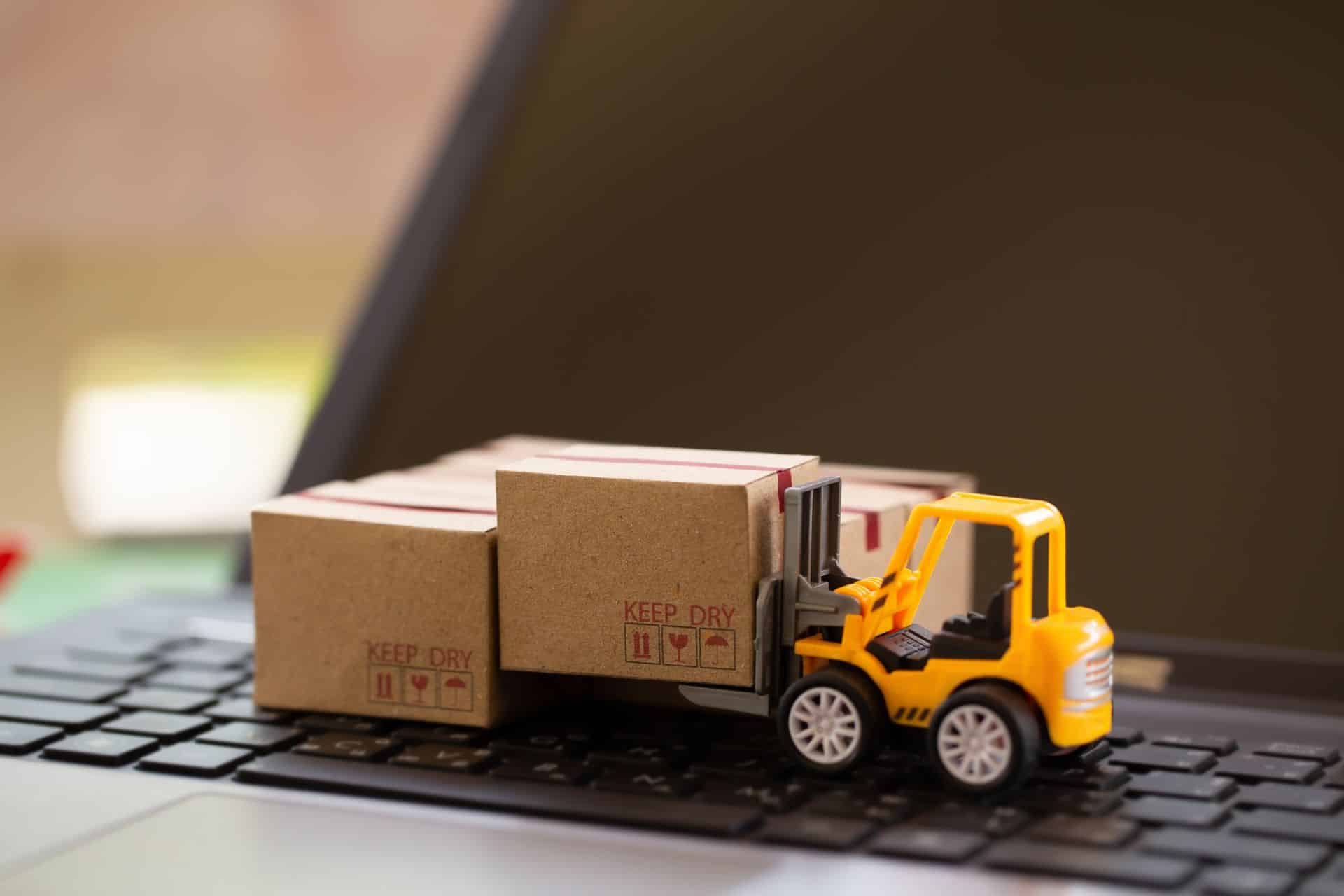Inbound logistics
Every company depends on flawless supply chains, i.e. on having the necessary production and manufacturing resources available on time, in sufficient quantities and on site. The business area or process that is designed to ensure this is called inbound logistics. At its core, this is an aspect of the supply chain that aims to procure all the necessary resources and supply the company with them.
Inbound logistics includes procurement logistics, purchasing, warehousing, incoming goods and inventory management. The better and more efficiently the supply chains are coordinated, the more likely the company is to gain a competitive advantage. A high degree of automation makes it possible to work very efficiently and therefore economically, particularly when handling goods and merchandise and in the area of plant management.
What is the difference between inbound logistics and outbound logistics?
All processes involved in inbound logistics, i.e. the material flows from the supplier to the respective place of consumption, are designed to ensure the effective supply of all important resources to the company. Basically, inbound logistics is used to ultimately convert materials into finished products or goods and to make the necessary decisions and initiate measures along all supply chains.
Outbound logistics, on the other hand, refers to all material flows from the manufacturer to the customer. In particular, this refers to picking, packing, packaging, shipping and transportation.
Important aspects of inbound logistics at a glance
The entire procurement and production logistics form the process of inbound logistics. It encompasses the entire supply chain and deals with raw materials, individual components or finished products that are ultimately to be delivered to the customer. The challenge in inbound logistics is to plan and calculate in such a way that sufficient resources are available for these steps at all times and that there is no excess storage, which in turn would tie up a lot of capital.
A secure material supply is essential, especially for fast-moving items, i.e. products with long throughput times. With the help of suitable IT systems, companies can reduce the random factor to a minimum, take advantage of automation and make more reliable forecasts. Depending on the chosen strategy (just-in-time or just-in-sequence), inbound logistics has a significant influence on the efficiency of individual production steps in the company.
